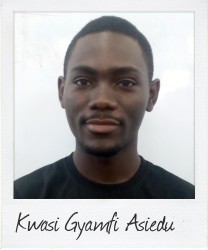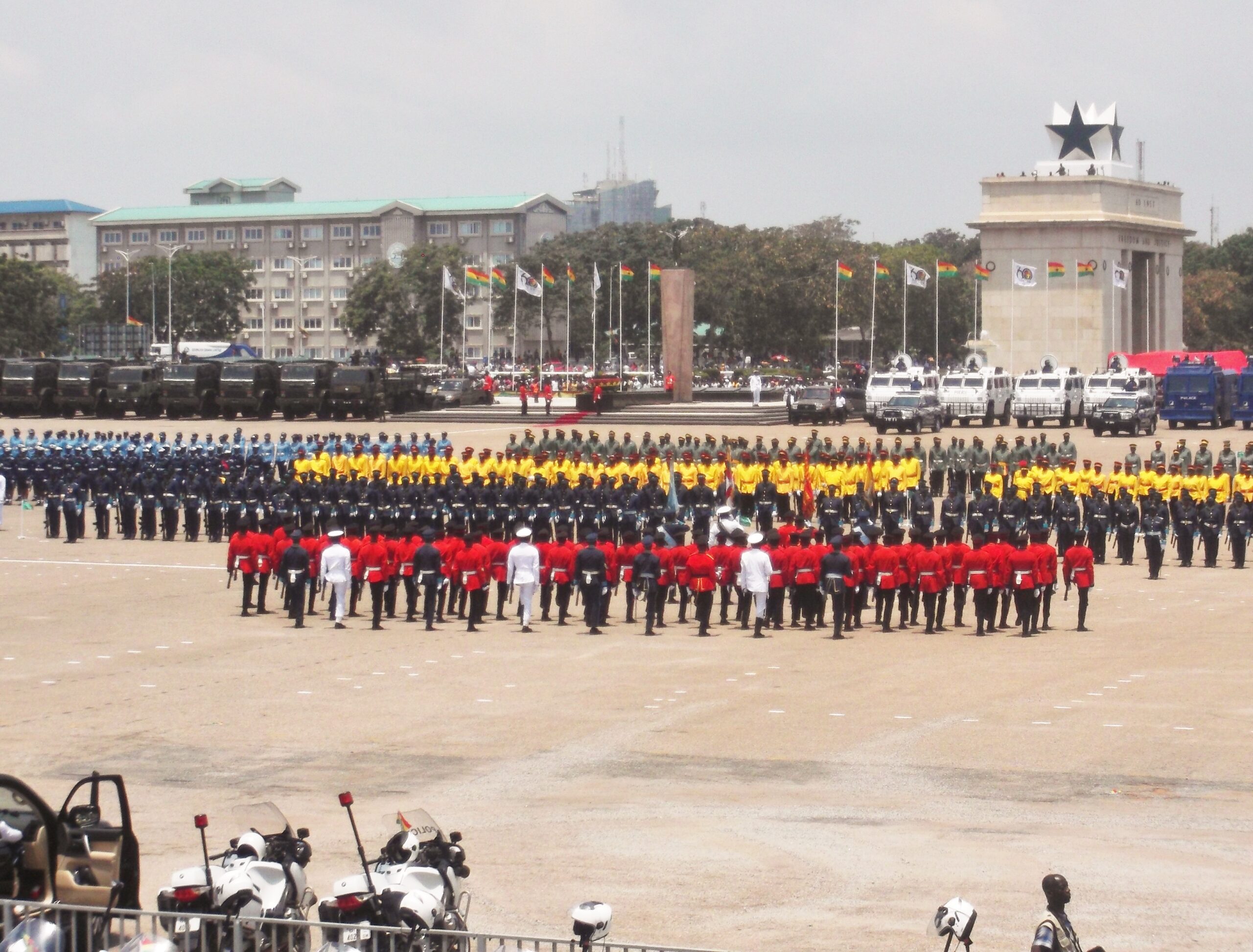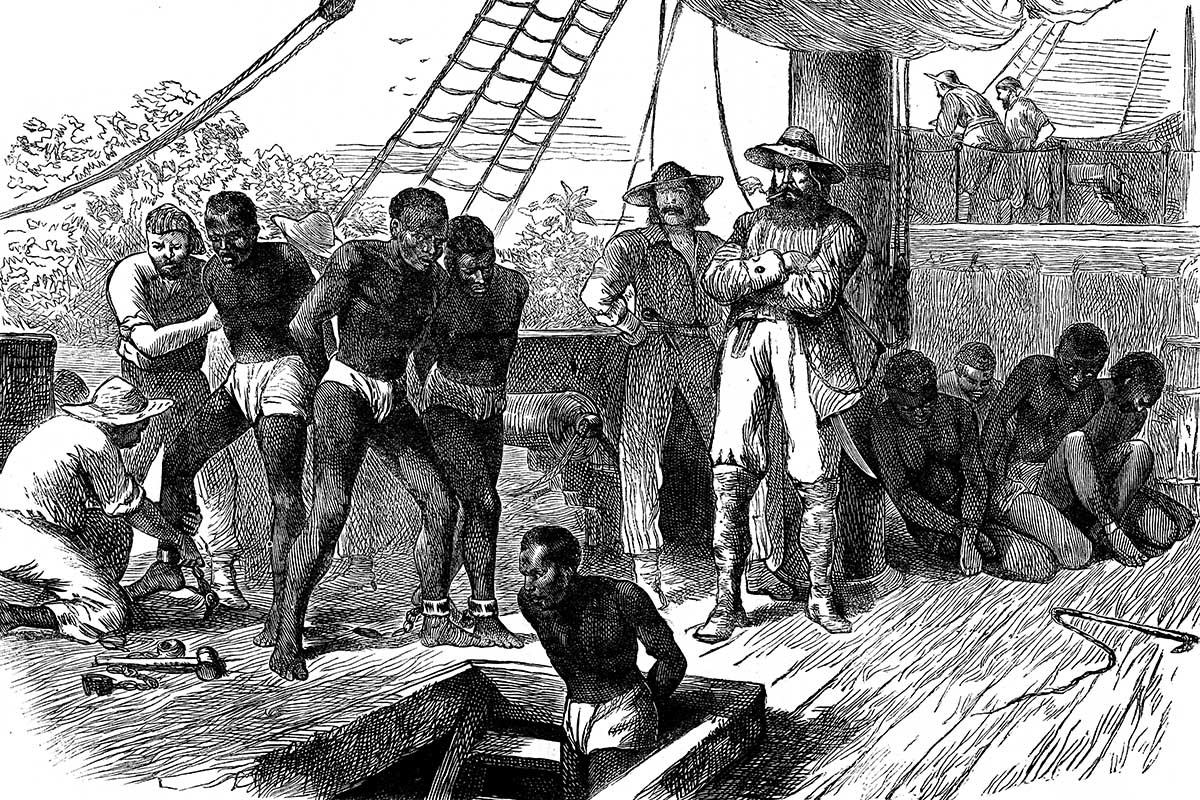“Youths share vision for Ghana’s next 60 years”
April 12th, 2017 Ghanaians at home and abroad recently marked their country’s 60th independence anniversary. Kwasi Gyamfi Asiedu, 21, a Commonwealth Correspondent from Ghana, watched the ceremonies, and talked to youth about what they hope to see in the next 60 years.
Ghanaians at home and abroad recently marked their country’s 60th independence anniversary. Kwasi Gyamfi Asiedu, 21, a Commonwealth Correspondent from Ghana, watched the ceremonies, and talked to youth about what they hope to see in the next 60 years.
In the capital, Accra, the traditional pomp and pageantry associated with the annual parade was taken a notch higher to complement the significance of the 60th anniversary. Together with school children drawn from public schools, the security agencies marched for an ever more colourful Trooping the Colour ceremony at the Black Star Square.
The country has changed greatly since that fateful night in March when freedom was declared from British colonial rule.
I went around my university, the Ghana Institute of Journalism, to speak to students about what change they hope to see in the next 60 years. Armed with a smartphone, I had just one question: “What is your vision for Ghana in the next 60 years, when the country turns 120 years old?”
From low unemployment to economic self-reliance, female leadership to the banishing of corruption, the twenty-something-year olds shared with me the kind of country they hope to live in as octogenarians.
Queenster: In the next 60 years, when Ghana is 120 years old, I would like to see Ghana have a female president. It will be so amazing to have a female president. I believe there are a lot of women who are qualified for such a position.
Yaw: I want to see a country where unemployment rate is very low and a country where people are able to set up their own businesses with fewer or no complications at all.
Kweku: Corruption has been the bane of Ghanaian institutions and successive governments, in the private sector and in the public sector. So in the next 60 years, I want to see a corruption-free Ghana. Institutions and all institutions mandated to deal with corruption must help nip corruption in the bud.
Kojo: In the next 60 years, I expect Ghana to develop a culture where people actually do what is expected of them, not because they will gain anything from it or they will be bribed to do what they have been paid to do. That’s the kind of Ghana I look forward to see in the next 60 years. A system where people will do what is just expected of them. I mean, anything else you get will be a bonus but don’t demand for it and once we are able to do that, I think we will all get that Ghana that we desperately want.
Ransford: In the next 60 years, I expect to see a country that has risen in terms of the literacy rate. Because I think education is the backbone of every developing country. If you think education is expensive, try ignorance. When I say I expect to see Ghana develop in terms of education, I don’t want to see Ghana having basic education students studying under trees. They should be provided with the basic amenities they need to develop there so that they move to the secondary level which I am expecting the current government to develop and make free.
Fiifi: In the next 60 years, I am hoping for reduced corruption in Ghana. I am hoping that institutions can work without monies having to exchange hands. Sometimes when you need something, you need to pay somebody to get the service rendered to you in a short while than the usual stipulated time.
Nick: When Ghana is 120 years, I want to see a truly independent nation, a sovereign nation where we don’t have to consult any external forces before we implement our home-grown policies. We need to find a way to generate our own funds. We have the resources but as it stands, we have for foreigners controlling our resources and so we need to cut those ties.
Kwasi: When Ghana is 120, I would be 81. I would want to live in a country that has functioning social services provided to those in need such as the elderly and the sick. And I hope the Black Stars would have won the World Cup by then.
Hear the interviewees in their own words at:
https://www.youtube.com/watch?v=Q_m3YLdVMDs
Photo credit: Kwasi Gyamfi Asiedu
Video credit: Kwasi Gyamfi Asiedu
………………………………………………………………………………………………………………
About me: I am Kwasi, a journalism student from Ghana. I hope to use my skills to tell positive stories about marginalised communities in the world, with the belief that these stories would force action that improves the lives of the people.
………………………………………………………………………………………………………………
Opinions expressed in this article are those of the author and do not necessarily represent the views of the Commonwealth Youth Programme. Articles are published in a spirit of dialogue, respect and understanding. If you disagree, why not submit a response?
To learn more about becoming a Commonwealth Correspondent please visit: http://www.yourcommonwealth.org/submit-articles/
………………………………………………………………………………………………………………




